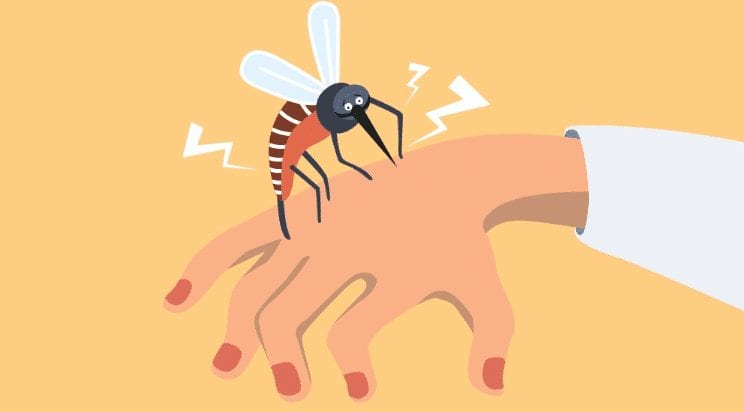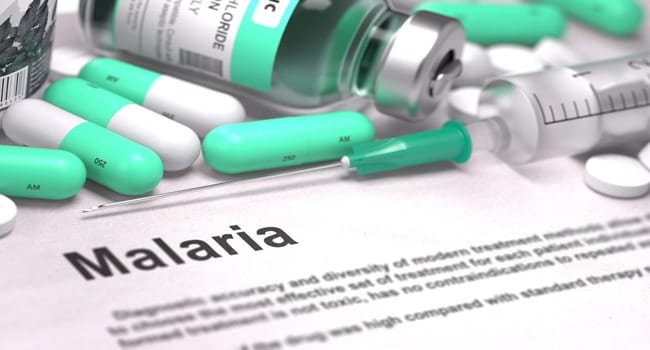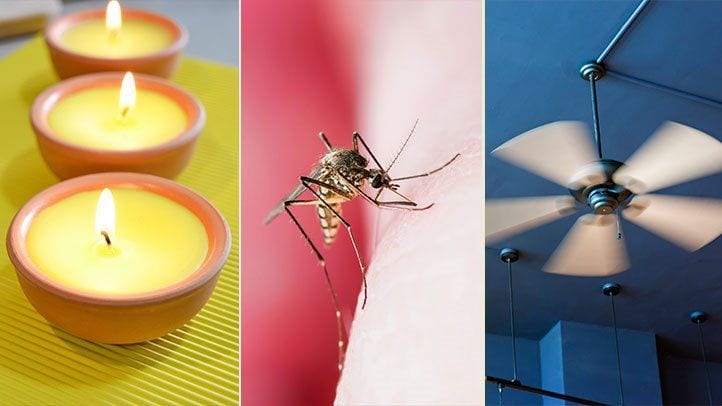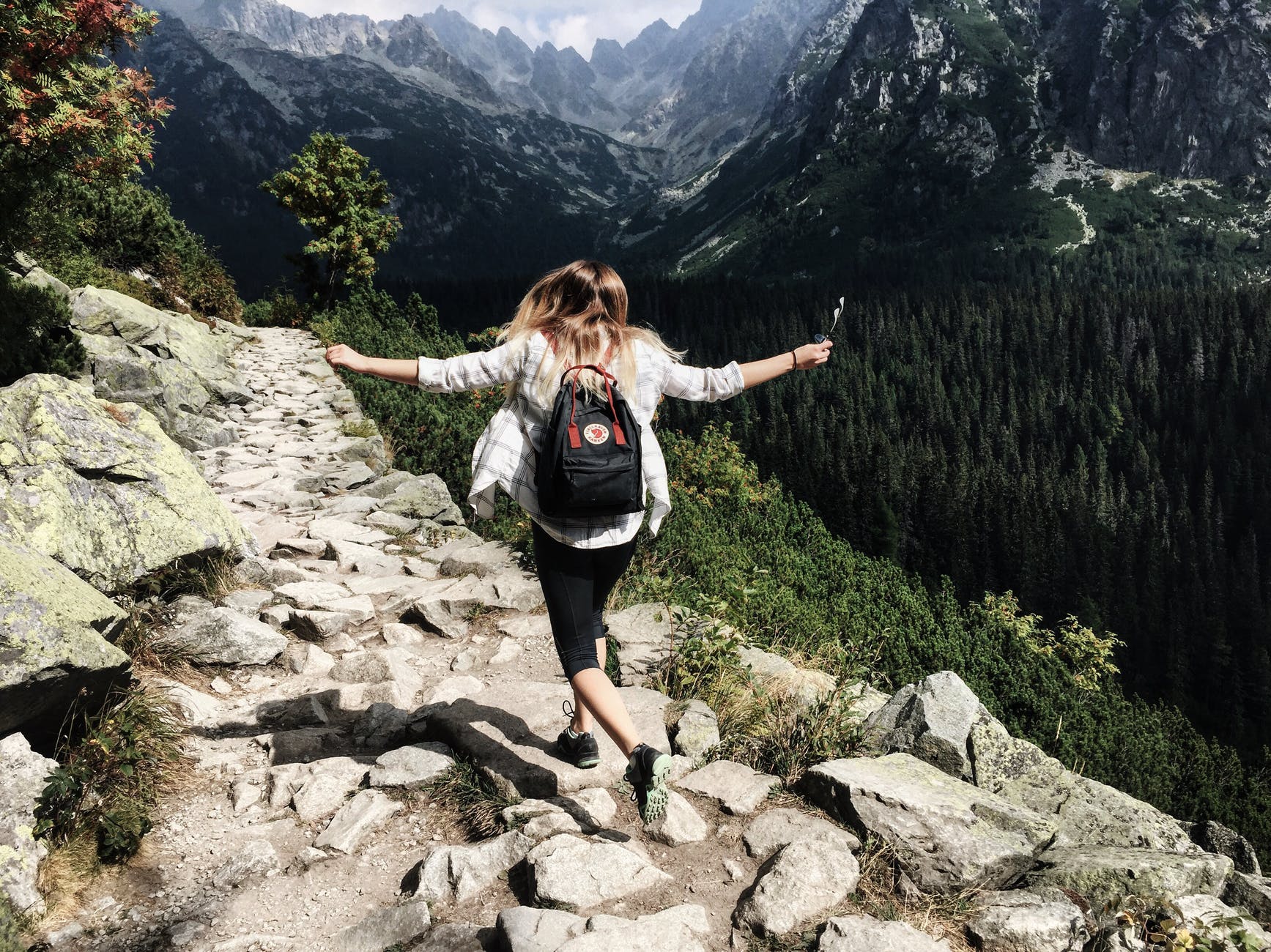Backpacking Malaria Advice
Backpacking Malaria Advice: As more UK backpackers are traveling to areas of the world where malaria is rife, the number of people coming home having contracted malaria is increasing even though this disease is very preventable.
Malaria is a disease which is caused by a parasite and carried by mosquitos. It is passed to humans when the mosquito bites them to feed. It can take anything from one week to one year from being bitten, for the symptoms of malaria appear, and left untreated it can cause serious illness and even death.
Where could I catch Malaria?

Malaria is endemic in well over one hundred countries, so it’s important to research the country you are visiting before you travel. The worst affected areas are generally those which are near the equator, but if you are traveling anywhere in Asia, Africa, or South or Central America you could be at risk. The CDC has a table of countries that are affected by malaria here.
Malaria Prevention – Anti Malarial Drugs

Taking anti-malarial medication during your travels is the best form of prevention for malaria, and you should talk to your GP about this before you begin your trip. Tablets should be taken according to instructions, and you must take them before, during, and after your trip to avoid infection.
Malaria Prevention – Avoid being bitten

As mosquitos bite mostly in the evening and at night, a mosquito net is a good idea. Spraying the net with an insecticide first can make it even more effective. There are many different types of net available, some freestanding some that need to be hung from hooks, so this is something you should take time to research before you buy it. Always carry one with you, never rely on hotels and hostels to have one, it’s too important an item to be without.
An effective insect repellent is something else you should think about carrying as well. The most effective contain at least 50% DEET. Covering your arms and legs in the evening can help as well, and you can get hats with nets that will come down and cover your face and neck. – The less flesh you have exposed the less chance you have of being bitten. Keeping doors and windows shut between dusk and dawn so that mosquito can’t enter the room you are sleeping in is also sensible.
Could I still get Malaria, and how would I know?
It is possible unfortunately to still catch malaria even after taking all the above precautions as even anti-malarial medication isn’t an absolute guarantee.
Although symptoms can appear as soon as one week after being infected, and as late as one year after, the most common time frame is ten to thirty days. Early symptoms include Fever, shaking, chills, aching joints, muscle pain, headaches, fatigue, nausea, vomiting, and diarrhea. Following on from this, later and more severe symptoms can include things like severe anemia, confusion, difficulty breathing, convulsions, coma, neurological damage, and kidney damage or failure.
If you are traveling in a malarial region, or have traveled through one in the last year, and experience flu-type symptoms, you should seek medical advice and make sure that you have not contracted malaria. Malaria is a serious illness and needs to be diagnosed and treated as promptly as possible.



